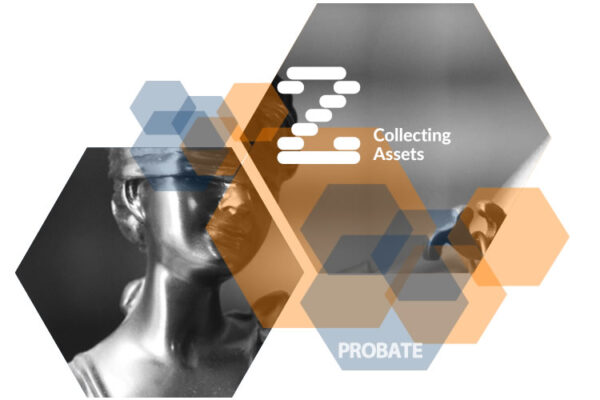PROBATE
IN STATE OF CALIFORNIA

Collecting Assets
After the appointment the executor or administrator must take possession of all of the decedent’s assets subject to the probate process. Assets in joint tenancy, assets in a living trust or assets subject to a beneficiary designation are not part of the probate and are not collected.
The executor or administrator needs to change title to the assets and to put these assets in his or her name as executor or administrator. Mutual funds, stocks and bonds, brokerage accounts, bank accounts, real property, vehicles and other assets should be changed over.
After collecting all of the assets, it is necessary to prepare an inventory listing these assets. At the time that the executor or administrator was appointed the court also appointed a “California Probate Referee.” This individual has the responsibility of valuing all of the non-cash items with the fair market value as of the date of death. The referee receives a fee of $1 per $1,000 for the value of the assets appraised. The value is the gross value excluding any loans or liens on the assets. If the home is valued at $300,000, even though there is a $180,000 mortgage on this home, the referee values it at $300,000 and receives a $300 fee for this.
The appraisal of all of the assets is supposed to be filed with the court within four months of the executor’s or administrator’s appointment.




